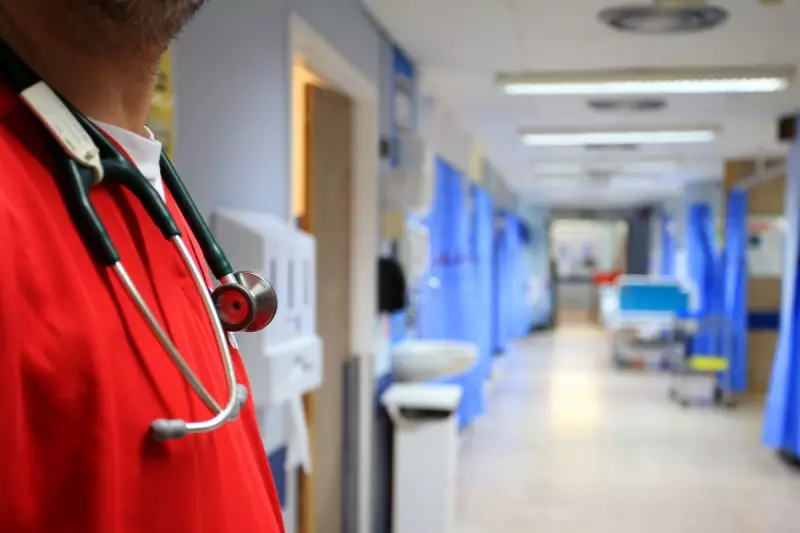
Fresh concerns are mounting over a significant resurgence of COVID-19 across the United Kingdom, with the latest figures painting a worrying picture for the nation's health service. Hospital admissions linked to the virus have skyrocketed by nearly a quarter in just one week, signalling the start of a potential new wave.
The rapid increase is largely attributed to the spread of new Omicron subvariants, known collectively as FLiRT. These strains are demonstrating an ability to evade immunity from both previous infections and vaccinations, leading to a swift rise in transmission within communities.
By the Numbers: Understanding the Spike
The data, analysed from UK Health Security Agency (UKHSA) reports, is stark:
- 24% increase in hospital admissions for patients testing positive for COVID-19 in the week ending 30 June.
- 33% surge in COVID cases detected through routine PCR testing in the same period.
- Positivity rates have also climbed, indicating wider community circulation of the virus.
This upward trend marks a decisive reversal from the relatively stable situation seen throughout much of the early summer.
A Familiar Foe with a New Name: The FLiRT Variants
At the heart of this new wave are the FLiRT variants, descendants of the Omicron JN.1 strain that dominated last winter. While there is currently no evidence to suggest these variants cause more severe illness, their heightened transmissibility is a major cause for concern.
Experts point to waning population immunity and the evolution of the virus as the key drivers behind its successful comeback. Many people have not received a booster dose for over a year, leaving them more vulnerable to infection.
Strain on the NHS and Public Health Advice
The timing of this surge poses a particular challenge for the National Health Service. With many staff taking summer leave and services already stretched, even a modest rise in admissions can create significant operational pressure.
Health officials are reiterating long-standing advice to help curb the spread:
- Consider wearing a face covering in crowded, enclosed spaces.
- Ensure indoor spaces are well-ventilated.
- Practice good hand hygiene.
- If you feel unwell, try to stay at home and avoid contact with others, especially those who are vulnerable.
While the widespread testing infrastructure of the pandemic has been scaled back, those eligible for free tests—such as people in clinical risk groups—are encouraged to use them if they develop symptoms.
The situation remains fluid, and health bodies are closely monitoring the data to determine if further public health measures will be required to protect the most vulnerable and prevent the NHS from being overwhelmed.





